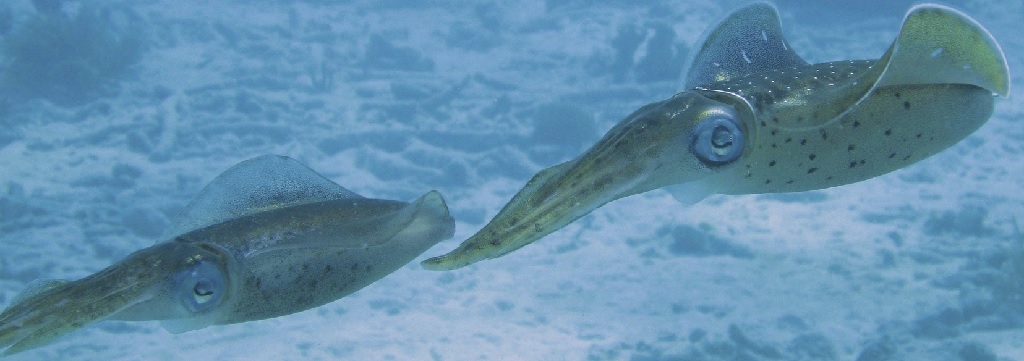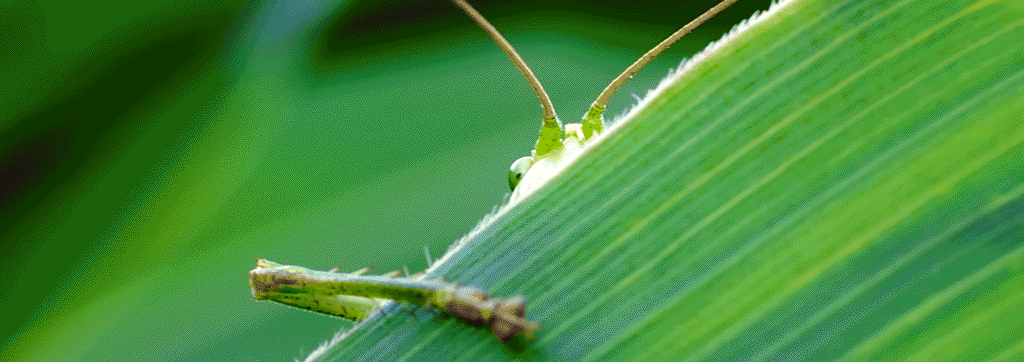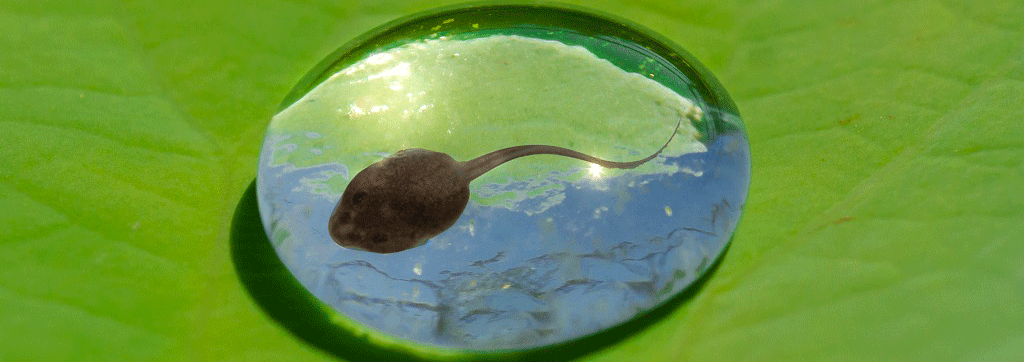Invertebrate sentience: A review of the neuroscientific literature

Most of the animals on our planet are invertebrates. The invertebrate label applies to a hugely diverse range of animals, comprising 99% percent of all species. Such diversity in anatomical structures makes evaluating sentience in invertebrates challenging, and the research is crucial due to the enormous number of individuals who may be sentient and experiencing harms. Read more
Introduction to sentience

Sentience is the capacity to have experiences, that is, conscious states. This introduction to sentience explains what this means in more detail. Read more
The problem of consciousness

How does consciousness emerge? We don’t yet know what causes it to arise. We do have reasons to conclude certain animals are sentient, while others are not. Read more
Consciousness and self-consciousness

Consciousness is being aware. Self-consciousness is being aware of oneself. Being conscious, rather than self-conscious, is the key concept in ethics. Read more
What is sentience

Sentience is the capacity to be affected positively or negatively. It is nearly synonymous with consciousness. Read more